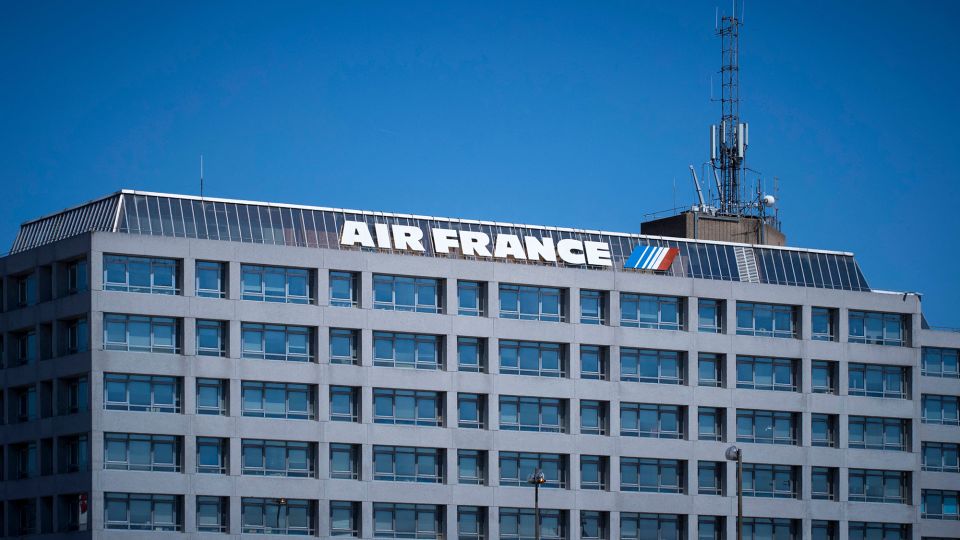Air France has recently initiated an investigation concerning a significant incident involving Flight AF662, which was en route from Paris to Dubai when it flew over Iraq amid an Iranian missile attack aimed at Israel. This attack took place on October 1, during which Iran launched a series of missiles, allegedly in retaliation for the assassination of Hezbollah leader Hassan Nasrallah and others in Lebanon. The trajectory of the missiles required them to traverse Iraqi airspace before reaching their target in Israel. As this situation unfolded, Flight AF662 was navigating through this critical airspace.
The timeline of events reveals that the Iranian missile strikes began at around 4:45 p.m. UTC. Air France confirmed that Flight AF662 was flying over Iraqi territory during this time and exited Iraqi airspace shortly before 5 p.m. UTC. Notably, the Iraqi authorities did not officially close their airspace until 5:56 p.m. UTC, nearly an hour after the missile launch commenced. This raises questions about the operational protocols and safety measures in place for airlines flying through regions marked by heightened military activity. In light of the information gathered about the impending attack, Air France took immediate action, deciding to suspend flights over Iraq without waiting for formal instructions from local authorities.
Prior to the missile attack, the U.S. government had indicated that Iran was preparing for a ballistic missile strike against Israel, which underscores the geopolitical tensions at play. Consequently, Air France took preemptive measures to ensure the safety of its flights. The airline already had protocols in place to avoid overflying Israeli, Lebanese, and Iranian airspace and utilized designated air corridors that were shared among various airlines. In addition, multiple Air France flights were diverted to circumvent the region during the missile attack, demonstrating the airline’s commitment to passenger safety amidst escalating conflict.
Air France emphasized its ongoing monitoring of geopolitical developments that could impact its routes. The airline positions customer and crew safety as its top priority, adopting a proactive approach to risk management in the face of potential aerial threats. This vigilance not only responds to immediate dangers but also reflects broader market dynamics within the airline industry, where geopolitical considerations increasingly influence operational decisions. The incident involving Flight AF662 serves as a critical example of how airlines must navigate complex international relations while ensuring safe passage for their passengers.
Interestingly, reports have emerged suggesting that the flight’s crew may have witnessed the missiles as they flew past. French television channel LCI, which first reported the story, mentioned that Iraqi air traffic control colloquially bid the pilots “good luck,” hinting at the severity of the situation. Although Air France has not officially confirmed that the pilots visually identified the missiles, such encounters highlight the precarious nature of flying in regions characterized by hostile engagements. This raises further discussions about the implications for commercial air travel in areas near active conflict zones.
As the situation in the Middle East escalates, particularly concerning Israeli military actions against Hezbollah and ongoing offensives in Gaza, the stakes for international aviation become increasingly complex. Israeli Prime Minister Benjamin Netanyahu has issued stark warnings regarding the potential for prolonged conflict while assessing Israel’s response to Iran’s missile strikes. Amid these tensions, civilians in Gaza are facing dire conditions, with reports of them being shot at while attempting to evacuate from conflict zones. The convergence of these events not only highlights the volatility of the region but also prompts necessary conversations about the responsibilities of airlines in ensuring passenger safety against a backdrop of geopolitical turmoil.

